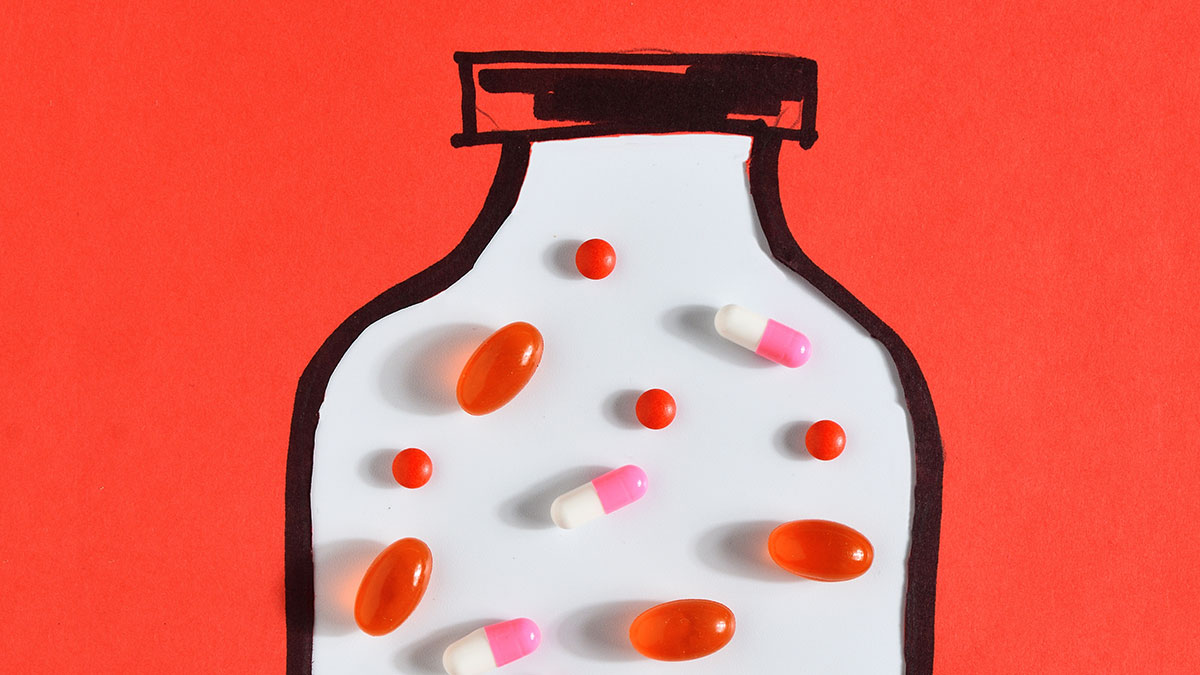Expertise, Expectations & Excipients in Medicine
Consumers expect that the medicines they need are guaranteed to be effective and safe. This means that throughout the entire manufacturing process, as well as during research and development, all standards of quality are being met or exceeded. While most people are probably unaware of all the ingredients that make up their medicine, pharmaceutical manufacturers are responsible for ensuring that all active and inactive substances meet regulations.
The active ingredients in medication are known as the active pharmaceutical ingredient (API) and are usually delivered with an excipient.
What is an excipient?
According to Informa Healthcare, an excipient is a substance that is “formulated alongside the active ingredient of medication, included for the purpose of long-term stabilization, bulking up solid formulations that contain potent active ingredients in small amounts, or to confer a therapeutic enhancement on the active ingredient in the final dosage form.”
These excipients ultimately allow the API and drug as a whole to be more effective. They can enhance drug absorption, increase solubility, and reduce viscosity.
While API is under strict standards and regulations that guarantee quality and minimize unwanted effects, excipients are not as closely regulated.
Examples of excipients (where the effect of excipients is well recognized to work with an API):
- For secondary laxative effects: castor oil, glycols, and micro glycols
- For secondary antibacterial effect: ethanol
While regulations for excipients are minimal, pharmaceutical manufacturers don’t want to risk losing drug batches due to a lack of quality ingredients.
The future for excipients
The International Pharmaceuticals Excipients Council (IPEC) looks to provide guidance on excipient quality for manufacturers, although producers are responsible for coming up with tools and solutions to meet IPEC’s guidelines. This may change how drug product design works with the general manufacturing process, or it may involve a greater cooperation effort between excipient manufacturers and those who utilize the excipients in manufacturing.
USP-NF General Chapters have in-depth descriptions for Good Manufacturing Practices (GMP) and Good Distribution Practices (GDP) when it comes to dealing with excipients. Some of the topics covered include:
- Excipient Performance
- Good Manufacturing Practices for Bulk Pharmaceutical Excipients
- Good Distribution Practices for Bulk Pharmaceutical Excipients
Drug manufacturers should develop a balanced approach for determining excipient quality. While under-testing can prove to be disastrous for manufacturers, over-testing can negatively impact your company’s return on investment. A few tips for ensuring best practices regarding excipients include:
- Establish practices that limit or remove human intervention
- Include QA/QC programs that focus on managing your instrumentation
- Ensure that you have a solid understanding of guidelines set by regulatory organizations
- Always look to the future. How will emerging technologies impact your procedures? How can you plan to meet future regulations?
Working with third-party experts can also be a useful tool for integrating technologies and solutions into your process. If you’re looking to learn more about the role of excipients in medicine, and how you can ensure quality, you can read our full article here.

